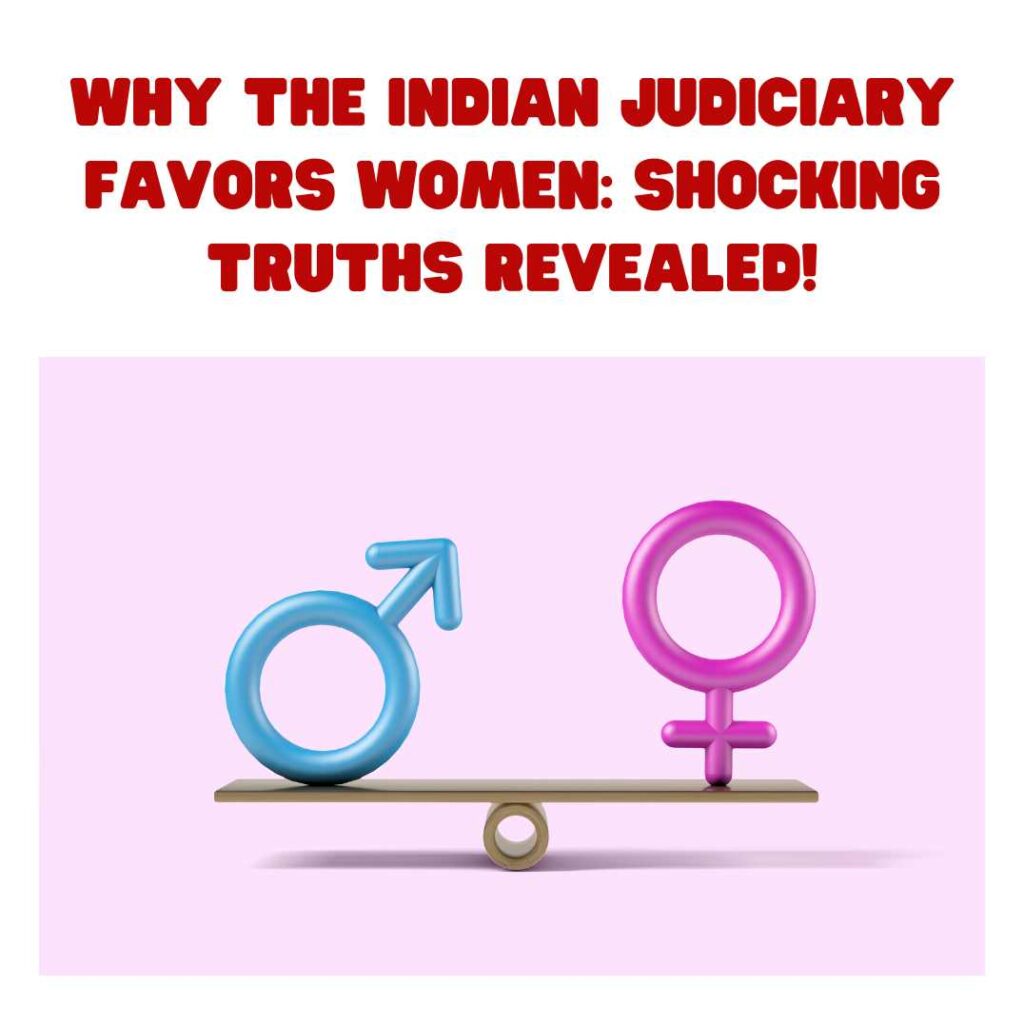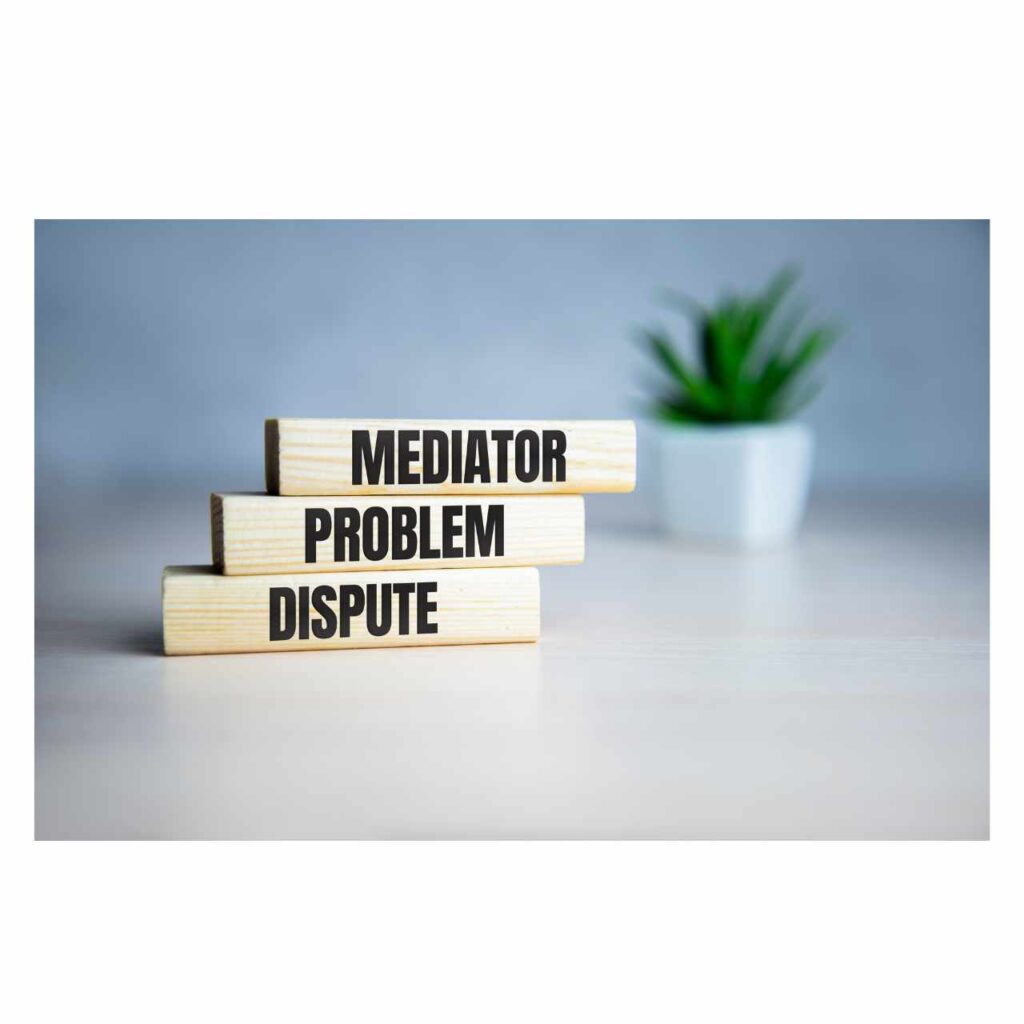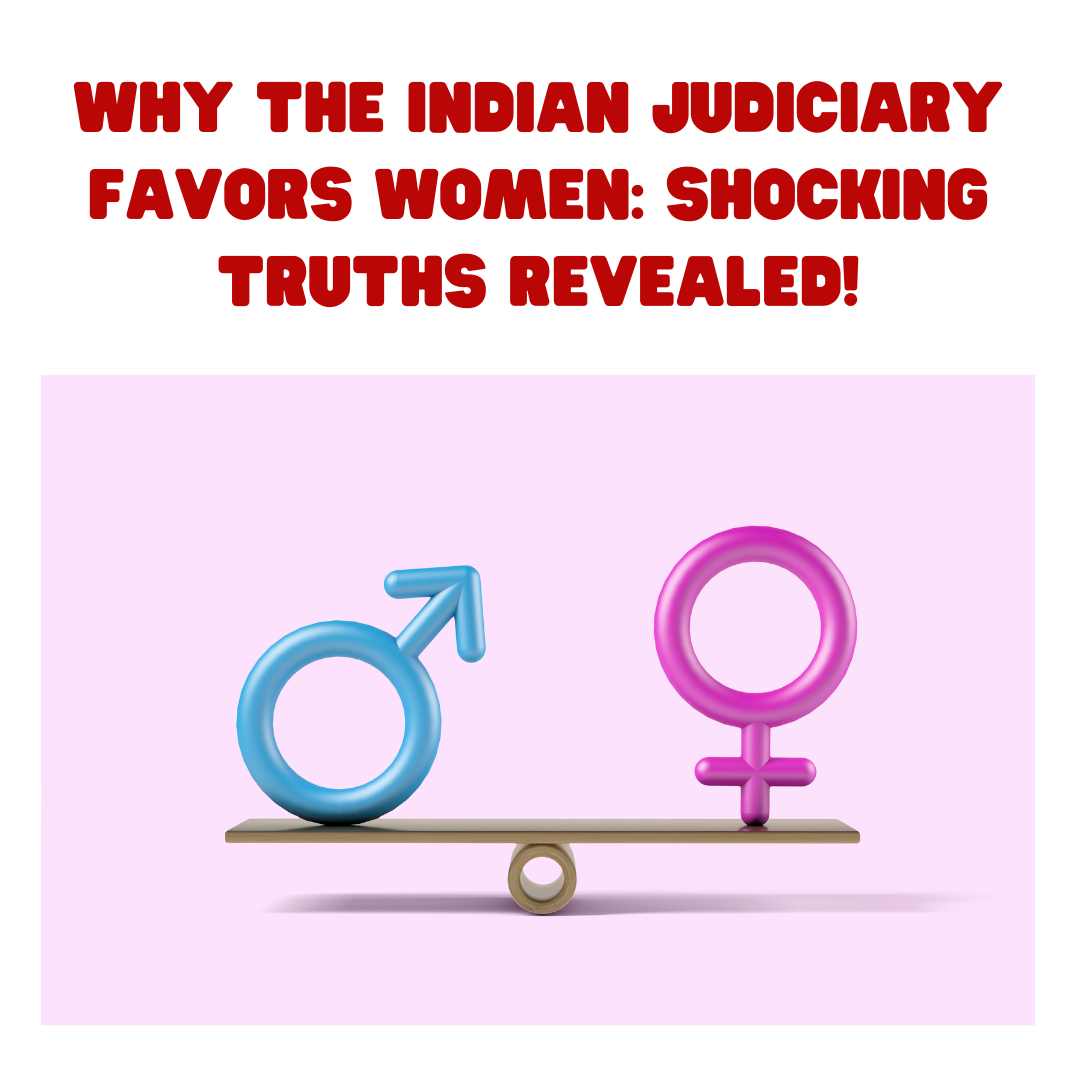The judiciary system in India is often seen as more supportive of women than men. This perception has been shaped by various factors, including historical context, societal norms, and the media.
Historical Context and Societal Norms
India has a long history of patriarchy where women were often oppressed and denied basic rights. To address these inequalities, the judiciary and lawmakers introduced several laws aimed at protecting women. Over time, these laws have led to the perception that the judiciary is biased towards women.
Why Are Women Not Punished for Putting False Cases on Men and Their Families?
One of the critical concerns raised is why women are not punished when they file false cases against men and their families. There are several reasons for this:
Lack of Evidence
Proving that a case is false can be incredibly challenging. The legal system requires solid evidence to take action against false allegations. Often, the lack of concrete proof makes it difficult to prosecute the accuser.

Fear of Discouraging Genuine Victims
The judiciary is cautious about punishing women for false cases because it could discourage genuine victims from coming forward. The fear is that if women see others being punished for filing cases, they might hesitate to report real incidents of abuse or harassment.
Why Do Television Shows and Media Highlight Women-Related Issues?
Media plays a significant role in shaping public perception. Television shows and news outlets often focus on women-related issues for several reasons:
Public Interest
Stories about women’s struggles and triumphs tend to attract more viewers and readers. These narratives resonate with a large audience, making them a popular choice for media coverage.
Advocacy for Women’s Rights
Media has been a powerful tool in advocating for women’s rights. Highlighting women-related issues helps raise awareness and push for societal changes. It brings attention to important matters that need addressing.
What is the Percentage of False Cases on Men and Their Families?
Accurate statistics on false cases can be hard to come by. However, some studies and reports suggest that a significant percentage of cases filed under certain laws, like Section 498A, may be false.
Available Data
According to the National Crime Records Bureau (NCRB) report of 2017, around 10% of the cases filed under Section 498A were found to be false after investigation. This indicates a concerning trend, although it also means that the majority of cases were genuine.
Why Are Men Left Behind When Women Receive Compensation for Ruined Lives?
When a woman’s life is ruined due to false accusations, there are mechanisms in place to provide her with compensation. However, men often do not receive the same level of support.
Legal Framework
The legal framework currently lacks specific provisions for compensating men who are falsely accused. This gap leaves men without adequate recourse when their lives are affected by false allegations.
Societal Expectations
Society often expects men to be resilient and not seek compensation or support. This expectation can prevent men from pursuing justice and compensation when they are wronged.
Shouldn’t the Justice System Be Equal and Not Biased?
An ideal justice system should be fair and unbiased, treating all individuals equally regardless of gender. However, achieving this balance is complex.
Need for Reform
There is a growing need for legal reforms to ensure that the justice system is balanced. Laws should protect genuine victims, whether male or female, and also have mechanisms to deal with false accusations effectively.
Equal Treatment
Promoting equal treatment under the law will require changes in societal attitudes and legal provisions. This includes raising awareness about men’s issues and ensuring they receive the same support and protection as women.
Where Does Feminism Disappear When False Cases on Men and Their Families Come Up?
Feminism advocates for equality and justice for all genders. However, the focus has traditionally been on women’s issues, sometimes overlooking the challenges faced by men.
Inclusive Feminism
An inclusive approach to feminism should address issues faced by all genders. Recognizing the impact of false accusations on men is essential for achieving true gender equality.
Advocacy and Support
There should be more advocacy and support for men who face false allegations. Feminist movements need to include these issues in their agendas to ensure comprehensive support for all.
Why Is There Not Enough Awareness About Men’s Issues?
Men’s issues often do not receive the same level of attention and advocacy as women’s issues. This lack of awareness can be attributed to several factors:
Societal Perceptions
Society tends to view men as strong and self-reliant, leading to a lack of acknowledgment of their issues. This perception needs to change to create a more balanced understanding of gender-related challenges.
Media Coverage
As mentioned earlier, media often focuses on women-related issues due to their appeal and relevance. Increasing coverage of men’s issues is crucial for raising awareness and promoting equality.
Conclusion
The judiciary system in India has made significant strides in protecting women’s rights, but this has sometimes led to perceptions of bias against men. Addressing this imbalance requires legal reforms, societal change, and inclusive advocacy. Both men and women should receive equal protection and support under the law, ensuring justice for all. It’s essential to raise awareness about men’s issues and include them in the broader conversation about gender equality.
Final Note
This article provides an overview of complex issues related to the judiciary system and gender bias. Each case is unique, and the information here is for educational purposes. For specific legal advice, please consult a lawyer.

















What do you think?
It is nice to know your opinion. Leave a comment.